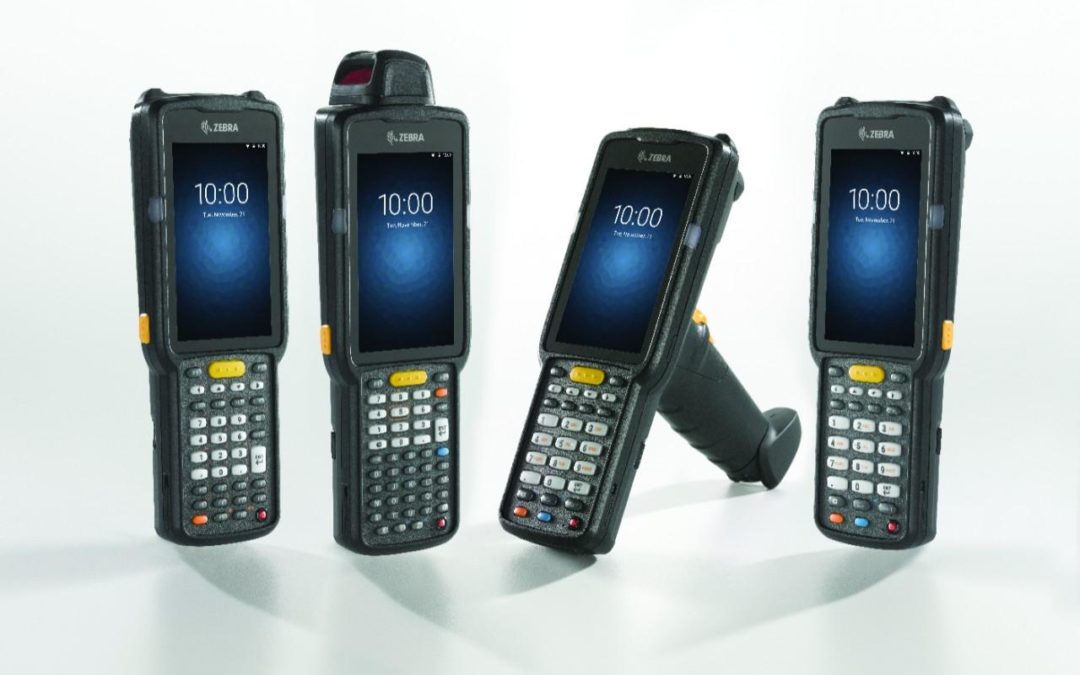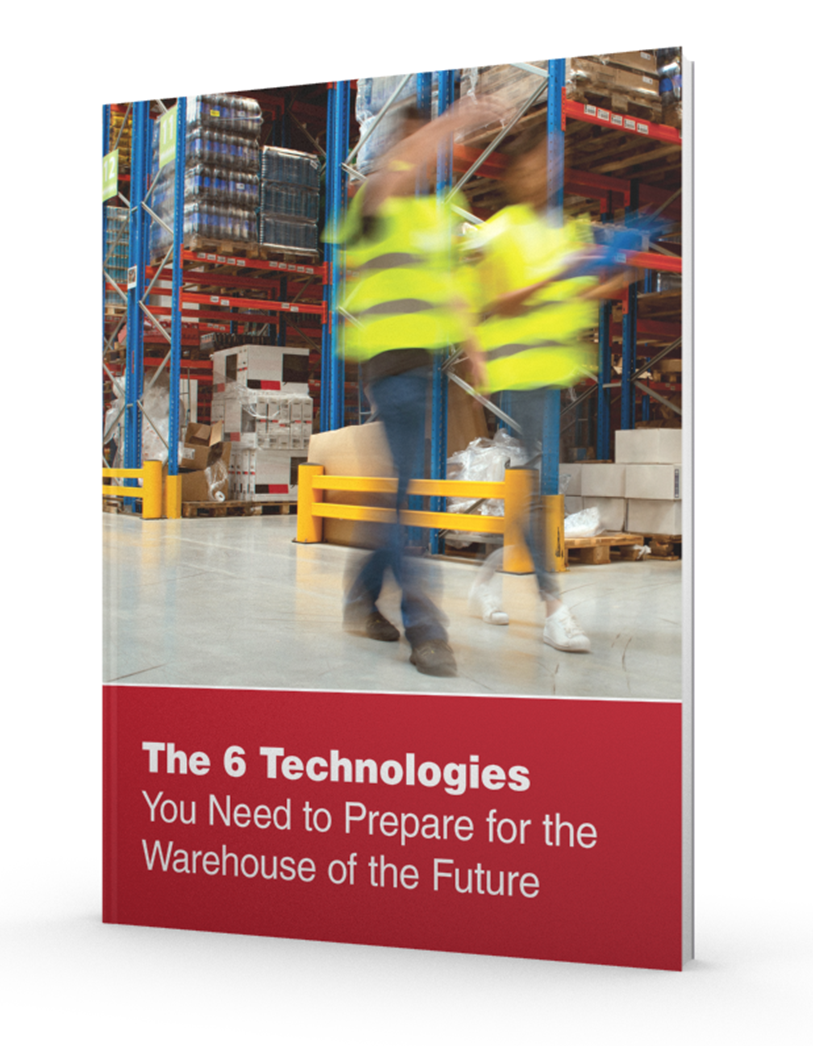If you are a warehouse operator looking for a new mobile computing solution, the breadth of the mobile device market can be daunting. What used to be a fairly limited selection of brick-like rugged handheld computers has exploded into a multitude of rugged and semi-rugged tablets, handhelds, and smartphones with a seemingly infinite array of options and features.
So how do you choose a device? Every warehouse and application will have some unique characteristics, but here’s a list of key features and functions that can help you select the right mobile computing device for your warehouse.
Data Capture: In a warehouse environment, one of the most critical functions of a mobile device is scanning barcodes during receiving, shipping, picking, and putaway. Because shippers now use a mix of both linear and two-dimensional barcodes, imager-based barcode scanners, which can scan both 1D and 2D barcodes, are a wise investment.
Moreover, you want a scanner that can offer reliable performance at multiple read ranges (both up close and as far away as 70 feet, in some facilities). The scan engine should also perform well in both high- and low-impact scenarios, and support all of the symbologies you will likely encounter.
Form Factor: For users that will be carrying the computer for an entire shift and frequently scanning barcodes, the weight and ergonomics of the mobile computing device are critical. It should be lightweight and not put the user’s wrist at an awkward angle in order to scan. For vehicle-mount applications, tablet-type devices with separate, long-range “gun” style barcode scanners might be the way to go.
Look for devices that offer flexible configurations and the accessories you’ll need (vehicle mounts, holsters, etc.) in order to meet the requirements of your use case. The Zebra MC3300, for example, can be configured as a pistol-grip device, a turret with rotating head, or as a 0-degree or 45-degree scanner.
Ruggedization: Warehouses are harsh environments, and mobile computing devices are often dropped, exposed to moisture or sunlight, or used in extreme temperatures. The device should be able to withstand drops from up to 5 feet, and have an IP rating of IP54 or above, depending on the environment. For cold storage warehouses, the device should be built to withstand frost, moisture, and extreme temperatures. A rugged device will last longer than a consumer-grade device, and ultimately provide a much lower total cost of ownership.
Connectivity: Most warehouses rely on a wireless LAN for real-time communications, and your new mobile computers should support the latest version of the Wi-Fi standards (including security features). For cable-free connectivity to peripherals (like printers), Bluetooth support is also a must. Wireless connectivity ensures an easy, fast connection to the back-end network, which further increases productivity and efficiency.
Backward Compatibility: Rugged mobile computers are built to last, and your existing fleet of devices may be five years old or even older. The new devices should be easily integrated into your existing infrastructure, and provide backward compatibility with your current technology and software. This can often be accomplished using terminal emulation and other third-party tools.
New Operating Systems: In the past, Windows CE/Windows Mobile was the go-to choice for warehouse mobile computing. But Android has emerged as a viable option, with most rugged computer manufacturers offering it as an option. Android provides a more developer-friendly option that can ease integration, and your employees are likely already familiar with the user interface because it is so prevalent in the smartphone space.
In addition, Microsoft is sunsetting new development and support for its old mobile operating systems, so are likely going to have to switch platforms one or the other. With improvements to its security features and business-specific functionality, Android may be a more cost-effective solution.
The mobile computer you select for your operation can make a big contribution to greater efficiency and productivity, but if the device you choose doesn’t make sense for the application, your ROI could be minimal. Talk to the experts at Imprint Enterprises for advice on how to equip your workforce with a mobile computing solution that will result in the greatest value to your organization.




